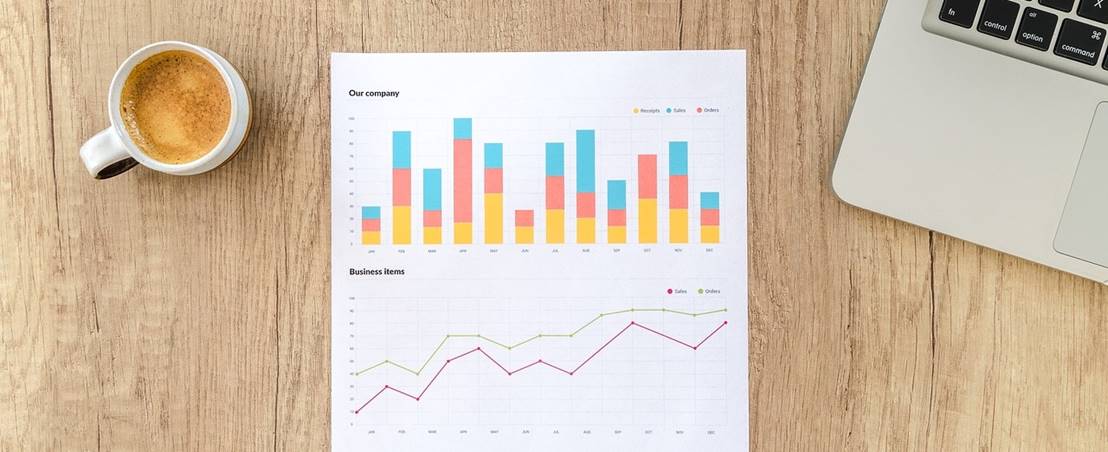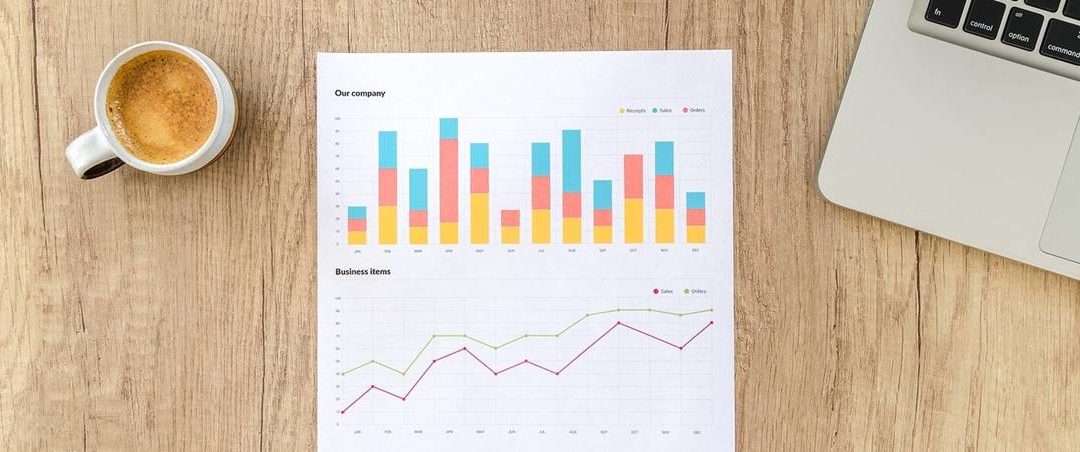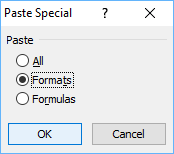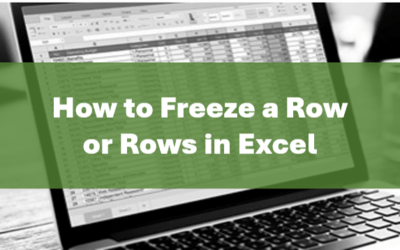Try These Excel Shortcuts to Save Time Creating and Formatting Charts
by Avantix Learning Team | Updated September 23, 2020
Applies to: Microsoft® Excel® 2010, 2013, 2016, 2019 and 365 (Windows)
If you create a lot of charts in Excel, you're probably looking for shortcuts to speed up creation and formatting. The following are some useful shortcuts you can use with Excel charts.
Recommended article: Excel Data Entry Tricks and Shortcuts Every User Should Know
1. Create a new chart on a new sheet
To create a new chart on a new sheet:
- Select the data you want to use to create a chart.
- Press F11. Excel creates a chart on a new sheet using the default chart type.
2. Create a new chart on the current sheet
To create a new chart on the current sheet (an embedded chart):
- Select the data you want to use to create a chart.
- Press Alt + F1. Excel creates a chart on a new sheet using the default chart type.
3. Select and move an embedded chart
To select and move an embedded chart on a worksheet:
- Click or Ctrl-click the edge of the chart.
- Use right, left, up and down arrow keys to move the chart.
4. Display the Formatting task pane or dialog box
To display the Formatting task pane (2013 and later versions) or dialog box (2010):
- Select an item in a chart.
- Press Ctrl + 1. A task pane or dialog box appears.
5. Copy formatting from one chart to another
To copy formatting from one embedded chart to another:
- Select the chart with the formatting you want to copy by Control-clicking on its edge.
- Press Ctrl + C.
- Select the chart to which you wish to copy the formatting by Control-clicking on its edge.
- Press Ctrl + Alt + V. A dialog box appears.
- Click Formats and then click OK.
Below is the Paste Special dialog box that appears:
To copy formatting from one chart sheet to another:
- Select the chart with the formatting you want to copy by clicking just inside the page corner. This is equivalent to select all.
- Press Ctrl + C.
- Select the chart to which you wish to copy the formatting by clicking just inside the page corner.
- Press Ctrl + Alt + V. A dialog box appears.
- Click Formats and then click OK.
Below is the Paste Special dialog box that appears:
You can save a lot of time formatting by copying and pasting formats between charts.
Subscribe to get more articles like this one
Did you find this article helpful? If you would like to receive new articles, join our email list.
Related
How to Use Flash Fill in Excel to Clean or Extract Data (Beginner's Guide)
How to Quickly Fill in Missing Values from the Cell Above in Excel
10 Great Excel Navigation Shortcuts
Recommended Microsoft Excel training
Microsoft Excel: Intermediate / Advanced
Microsoft Excel: Data Analysis with Functions, Dashboards and What-If Analysis Tools
Microsoft Excel: Introduction to Visual Basic for Applications (VBA)
To request this page in an alternate format, contact us.
Our instructor-led courses are delivered in virtual classroom format or at our downtown Toronto location at 18 King Street East, Suite 1400, Toronto, Ontario, Canada (some in-person classroom courses may also be delivered at an alternate downtown Toronto location). Contact us at info@avantixlearning.ca if you'd like to arrange custom instructor-led virtual classroom or onsite training on a date that's convenient for you.
Copyright 2024 Avantix® Learning
You may also like
How to Replace Zeros (0) with Blanks in Excel
There are several strategies to replace zero values (0) with blanks in Excel. If you want to replace zero values in cells with blanks, you can use the Replace command or write a formula to return blanks. However, if you simply want to display blanks instead of zeros, you have two formatting options – create a custom number format or a conditional format.
What is Power Query in Excel?
Power Query in Excel is a powerful data transformation tool that allows you to import data from many different sources and then extract, clean, and transform the data. You will then be able to load the data into Excel or Power BI and perform further data analysis. With Power Query (also known as Get & Transform), you can set up a query once and then refresh it when new data is added. Power Query can import and clean millions of rows of data.
How to Freeze Rows in Excel (One or Multiple Rows)
You can freeze one or more rows in an Excel worksheet using the Freeze Panes command. If you freeze rows containing headings, the headings will appear when you scroll down. You can freeze columns as well so when you scroll to the right columns will be frozen.
Microsoft, the Microsoft logo, Microsoft Office and related Microsoft applications and logos are registered trademarks of Microsoft Corporation in Canada, US and other countries. All other trademarks are the property of the registered owners.
Avantix Learning |18 King Street East, Suite 1400, Toronto, Ontario, Canada M5C 1C4 | Contact us at info@avantixlearning.ca









